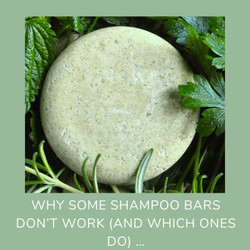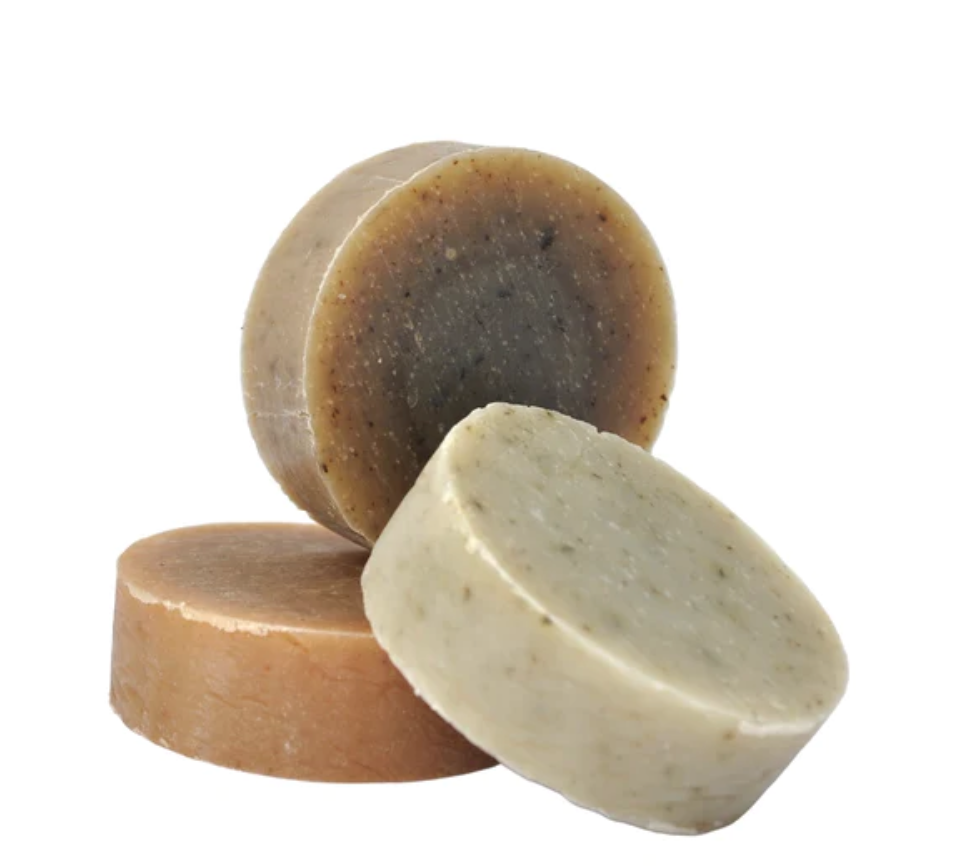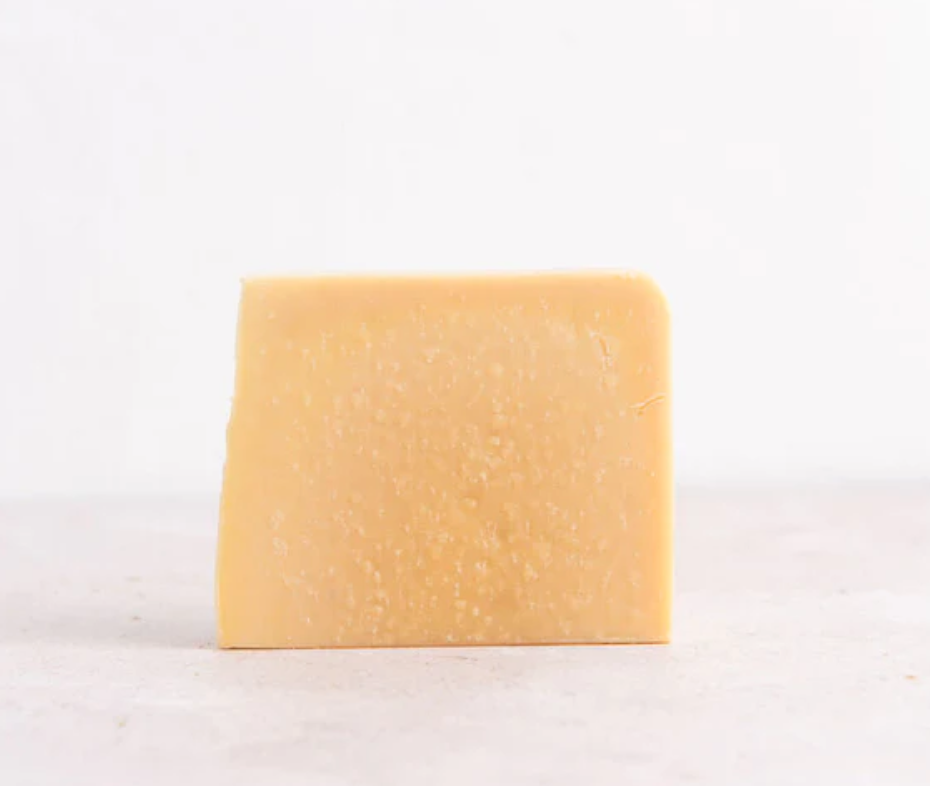Amidst the sea of ugly news about plastic pollution, shampoo bars are an increasingly popular way of reducing waste.
Essentially shampoo minus the water content, shampoo bars contain very similar ingredients without the need for a planet-damaging plastic bottle.
Instead, they work like a soap, lathering in your hands when you run them under water, with other great advantages too: They’re ideal for travelling, especially on airlines which are strict on sizes. They use less carbon in transport, don’t need preserving and typically last longer than a liquid shampoo.
The benefits of a shampoo bar…
Statistics show 520 million empty shampoo bottles are thrown out every year in the UK.
It can take up to 450 years to degrade each one of these and the resulting microplastics are wreaking havoc on our waterways and aquatic systems.
Shampoo bars need less preservative, so are usually free from chemicals like methylchloroisothiazolinone (MI) or parabens which many people try to avoid. They have lower carbon footprints, come with less packaging, are mega convenient and are often vegan.
But do shampoo bars work and what are they made from?
There are two different types of shampoo bars on the market today.
One type is a soap, and if it’s a natural soap bar, it will be made by saponifying plant oils and butters. – In other words, sodium hydroxide is added to water, and oils like coconut, castor, or sunflower to make a solid bar.
The other way to make a shampoo bar is to mix a solid surfactant (detergent) with active ingredients and a texturiser to make the bar hard.
The most frequently used solid surfactants in shampoo bars are sodium cocoyl isethionate and sodium coco sulphate.
Which type of shampoo bar works best?
Both types of shampoo bar will clean the hair, but the after-effects can be quite different.
The soap style shampoo bar, while often a very natural product with high quality ingredients, isn’t the most ideal for the hair and scalp.
Soap has an alkaline (7+) pH so can upset the acid balance of the scalp, which is pH 5-5.5.
You may experience this as a roughening of the cuticle; the hair stands more on end and can become frizzy.
Soap can also leave scum or waxy residue on the hair which leads to dullness or loss of shine. You can neutralise this and rebalance scalp pH by rinsing with apple cider vinegar (ACV) after washing.
But it’s a two-stage process which is more faff and in effect, you’re creating a problem to then fix it. That said, ACV is a very powerful treatment for hair and the shine impact is well worth the effort.
Soap-free shampoo bars on the other hand should be acid balanced. And as they’re (in crude terms) a dehydrated liquid shampoo, the results are usually much better for hair volume, shine and long-term scalp health.
The quality of the ingredients and harshness of detergents and other additives will vary and it’s still wise to check for sulphates and silicones which undo the benefits of making the switch.
Some may also have a lot of fragrance added. We know a fresh smelling mane is a treat indeed, but it’s very worth checking for artificial fragrance. They not only mess with the hair and scalp, but can be allergenic and harmful to the environment.
How can you tell a shampoo bar from a soap bar?
Here are a couple of examples of both. The soap bar has ingredients like ‘sodium cocoate, sodium ricinoleate’ which are respectively saponified coconut oil and saponified castor oil.
The ingredients (INCI) list might also list them in pre-saponified form as ‘sodium hydroxide, cocos nucifera oil and ricinus communis oil’. Look out for sodium cocoyl isethionate and sodium coco sulfate in an actual shampoo bar.
So, does Odylique have a shampoo bar?
The answer is not yet, but watch this space:
All Odylique products are certified organic, and we’re determined to keep it that way. (It’s our guarantee to you that our products are genuinely as natural and organic as we say they are.)
As yet there are no soap-free certified organic shampoo bars that work well and are also sulphate free (which is another of our brand promises).
The certified organic shampoo bars available today contain sodium coco sulphate.
This is a milder sulphate than sodium or ammonium lauryl sulphate (SLS or ALS), but still a sulphate. And the other solid detergent, sodium cocoyl isethionate, we mentioned earlier is not allowed by organic standards. – The way it’s made is not quite eco-friendly enough.
So, the challenge is on, and we hope to deliver soon.
In the meantime however, our friends at Acala have launched this rather good shampoo bar.
Questions about our shampoos? Contact our organic hair experts here >



